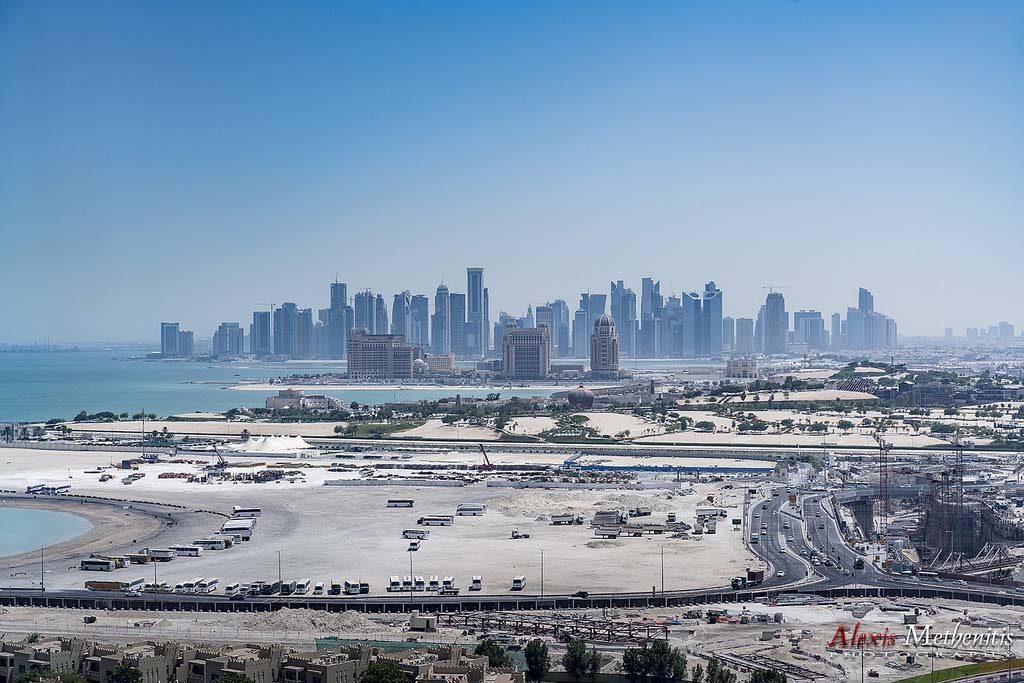
Qatar no longer ranks among the most desirable countries to live in among Arab youth, but is proving to be a popular place for entrepreneurs in the region, according to a new study.
The annual Arab Youth Survey, published by public relations firm ASDA’A Burson-Marsteller, polled 3,500 people between the ages of 18 and 24 years old in 16 countries across the Middle East and North Africa on a variety of political and personal subjects.
One of the questions asked respondents to name the country, anywhere in the world, that they would like to live in.
For the past two years, Qatar ranked fifth after being named by 8 percent and 13 percent of respondents in 2015 and 2014, respectively.
This year, however, the country did not appear at all in the top 10.
UAE at the top
The list was once again led by the UAE and also included the US, Germany, Saudi Arabia, Canada, France, the UK, Turkey, Malaysia and Kuwait.
The Emirates was named by 22 percent of respondents, up from 20 percent last year, but down from 39 percent in 2014.
The report’s authors didn’t offer any analysis on why Qatar dropped off the rankings, but said it was no surprise that the UAE continued to come out on top:
“The UAE’s popularity is likely a reflection of its status as a model country and regional political and economic safe haven,” the report’s authors said.
“The Gulf state has developed a global reputation for its robust and diversified economy, which encourages a ‘can do’ attitude among its residents and is respectful of religious and cultural diversity.”
Entrepreneurs’ hub
For the first time this year, the survey asked potential entrepreneurs which Arab country they would like to establish their company in.
Among these respondents – young Arabs who said they intend to start their business in the next five years – Qatar fared favorably, ranking third behind the UAE and Saudi Arabia with 13 percent of respondents.
Still, there are signs that Qatar is being looked upon less favorably by young Arabs in the region.
For example, the nation fell off a list of countries that respondents said they wanted their own states to emulate and be more like.

And fewer people named Qatar when asked who they believed to be their country’s biggest ally.
Stability over democracy
The wide-ranging survey drew several conclusions from its findings, including that:
- An overwhelming majority of young Arabs reject ISIS and believe it will fail to establish an Islamic state;
- Young Arabs are divided on the Iranian nuclear deal and the Syrian conflict. In Qatar, 45 percent said it was a “revolution against Bashar Al-Assad’s regime” rather than a civil war or proxy war fought by regional powers;
- Promoting stability in the region is viewed as being more important than promoting democracy;
- Arab youth want their leaders to do more to improve their personal freedoms and human rights;Arab youth may be increasingly concerned about falling oil prices, but most still believe they are entitled to subsidized energy; and
- Many young Arabs believe Sunni-Shia relations are deteriorating and that religion plays too large of a role in the Middle East.
Qatar’s Emir touched on this last point in a speech to the United Nations last fall.
In his address, Sheikh Tamim bin Hamad Al Thani rejected the commonly cited explanation that tensions in the region stem from a conflict between Islam’s two main branches.

“The existing disputes in my opinion, are political regional Arab-Iranian differences, rather than being a Sunni-Shia dispute,” Sheikh Tamim said at the time.
ASDA’A Burson-Marsteller was unable to immediately provide a country-by-country breakdown that shows how the 200 Qataris who participated in the survey responded to the questions.
Thoughts?







